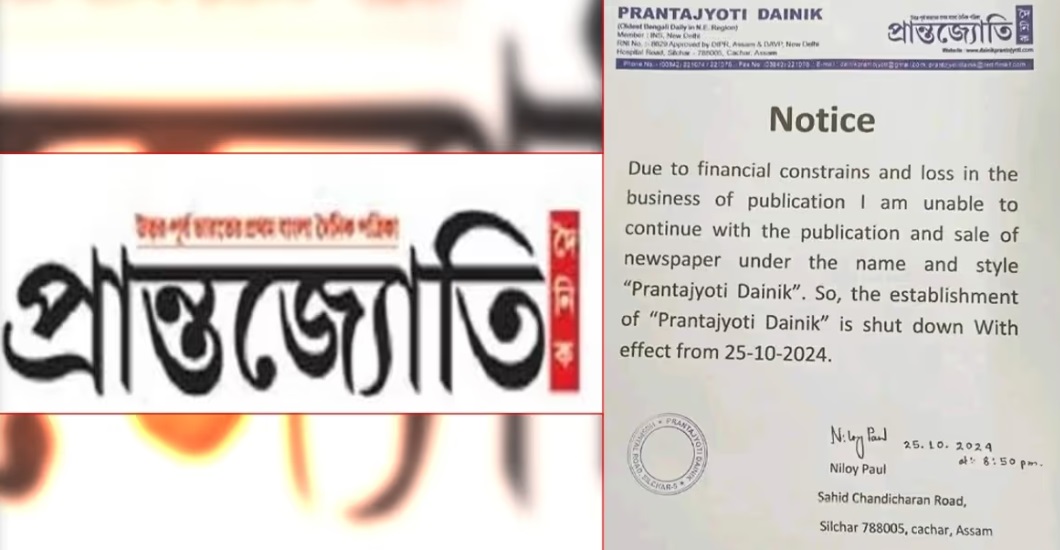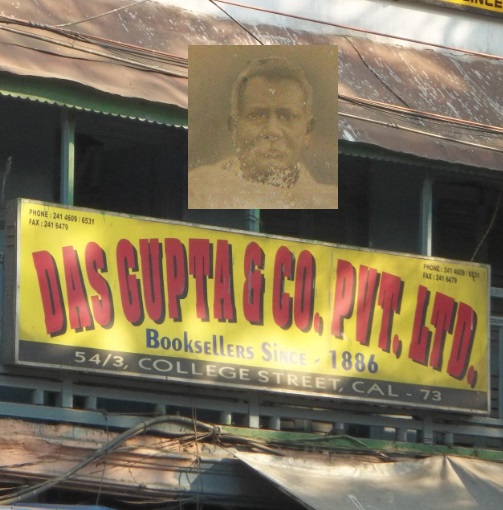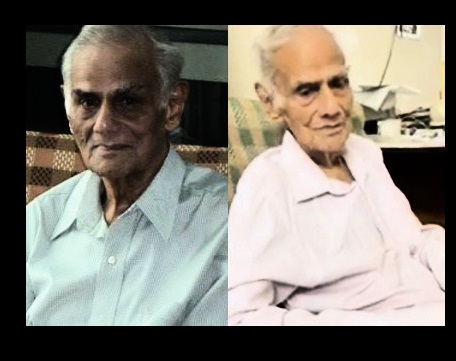Kovvali Lakshminarasimharao, born on July 1, 1912, in Tanuku, Andhra Pradesh, was a celebrated Telugu novelist whose work left an indelible mark on the literary landscape. Known for his compelling stories and natural dialogue, Kovvali played a pivotal role in encouraging women readers of his time to engage with literature. His use of colloquial language made his stories accessible and beloved by many.
Kovvali’s literary journey began with his first novel, “Palle Paduchulu,” published in 1935. This marked the start of an illustrious career that saw him penning over 1000 novels, with his thousandth novel titled “Mantralaya”. Among his many works, “Kavi Bheemanna” (1975) stands out as a notable piece. His repertoire included not just family dramas but also folklore, murder mysteries and detective stories, showcasing his versatility as a writer.
The film industry soon recognized the potential in Kovvali’s writing. His ability to craft engaging dialogues was put to good use in the 1941 film “Thalli Prema,” produced by Rajarajeshwari. This film saw prominent actors like Kannamba and Kadaru Nagabhushanam in leading roles, directed by Jyotisinha. Despite the film’s success, Kovvali’s self-esteem and pride kept him away from the limelight of Madras, preferring to remain in his hometown.
However, the allure of cinema beckoned again a decade later. Producer D.L. Narayanagaru and director Vedantham Raghavaiah brought Kovvali’s novel to life with the film “Shanti” in 1952. Encouraged by its success, Kovvali decided to make Madras his home.
In his continued collaboration with the film industry, Kovvali contributed to several successful projects. He wrote the story and lyrics for “Ma Gopi,” produced by BS Ranga under Vikram Productions, which featured a young boy named Venkatesh and actress Jamuna in key roles. Another notable work was “Sipai Koothuru” (1959), directed by D.L. Narayana and featuring Jamuna and introducing Satyanarayana as a hero for the first time.
Kovvali’s talent for weaving folk tales was well-recognized, leading to his collaborations with the noted movies like “Beedala Asthi” (1955) & “Ramanjaneya Yuddham” (1958) under H.M. Reddy’s supervision. His work even extended to the Kannada industry, where he contributed to the Telugu version of “Mahasadhvi Mallamma.”
Despite his success in cinema, Kovvali remained devoted to literature. He had a unique ability to bring folk tales to life and often engaged in background writing for other authors, further enriching the literary scene.
Kovvali passed away on June 8, 1975, in Draksharamam. His legacy as a writer who bridged the gap between literature and the everyday reader, particularly women, remains unparalleled. His novels continue to be a testament to his skill in storytelling and his dedication to making literature accessible to all.





